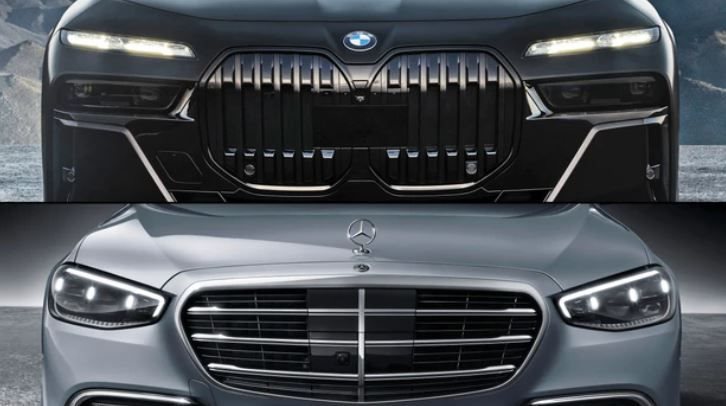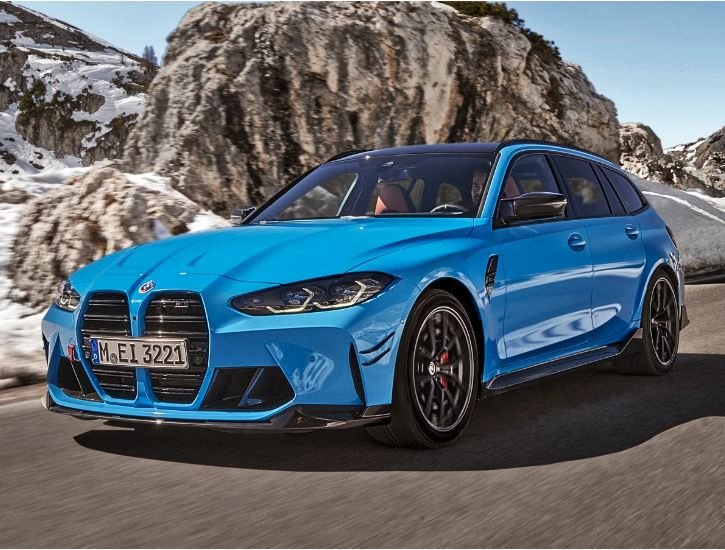
With the opening quarter of 2023 now behind us, it’s time to see which German automaker is leading the premium sales race. So, let’s examine the latest global sales figures from BMW and Mercedes-Benz.
In Q1 2023, the BMW Group – which, as a reminder, comprises the BMW, Mini, Rolls-Royce and BMW Motorrad brands – reported a worldwide sales figure of 588,138 units, interestingly representing a year-on-year drop of 1.5%.
Meanwhile, Mercedes-Benz Cars (which includes Smart but seemingly excludes Mercedes-Benz Vans products) ended the same January-to-March period with 503,500 units or a year-on-year improvement of 3%. Add 98,900 sales from Mercedes-Benz Vans in Q1, however, and the Stuttgart-based firm’s total swells to 602,400 units.
Of course, as always, it’s worth examining the statistics a little more closely. For instance, BMW’s figures show the Mini brand accounted for 68,541 units of the group’s tally, while a further 47,935 units came courtesy of the motorcycle division, plus another 1,640 units from luxury marque Rolls-Royce.

The BMW brand thus contributed 517,957 units, which is a few thousand more than the Mercedes-Benz brand (keep in mind the latter’s total of 503,500 units also includes Smart models, since the company hasn’t made a Mercedes-only figure available).
What about the fight in the fast-growing all-electric premium sector? Well, the BMW Group says it registered 64,647 fully electric BMW and Mini vehicles (up 83.2%, year on year) in the first quarter of the year, while Mercedes-Benz reported year-on-year growth of 89%, finishing on 51,600 battery-powered sales (including Smart).
Meanwhile, the BMW M division grew its sales by 18.9% year on year to finish the first quarter with 46,430 registrations (note this includes not only full-fat M products but also M Performance models), ahead of Mercedes-AMG’s total of 40,300 units (up 44%, year on year).
In South Africa, it’s not clear how well each firm performed in Q1 2023, since BMW reports sales figures for only every third month and Mercedes-Benz, unfortunately, doesn’t share registrations with Naamsa at all (but you can check out SA’s best-selling passenger vehicles for Q1 2023 here).
This article was originally published on Cars.co.za...